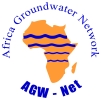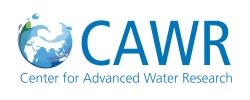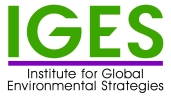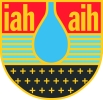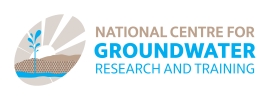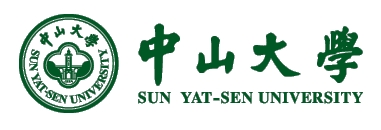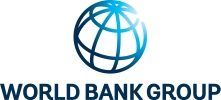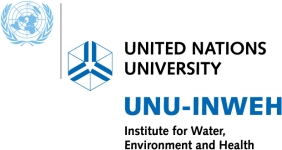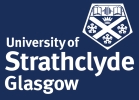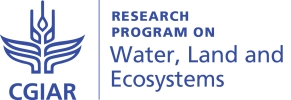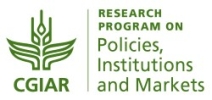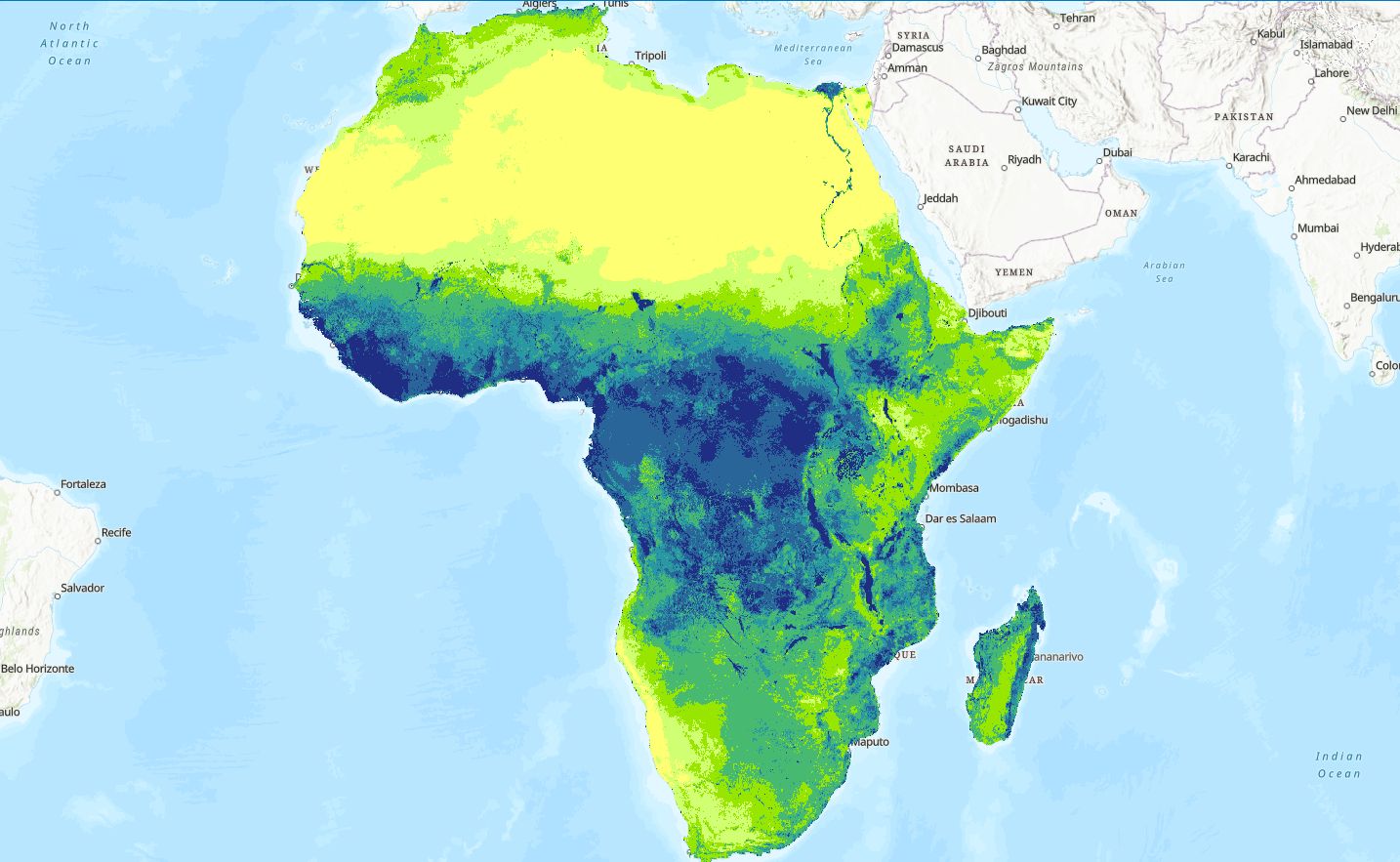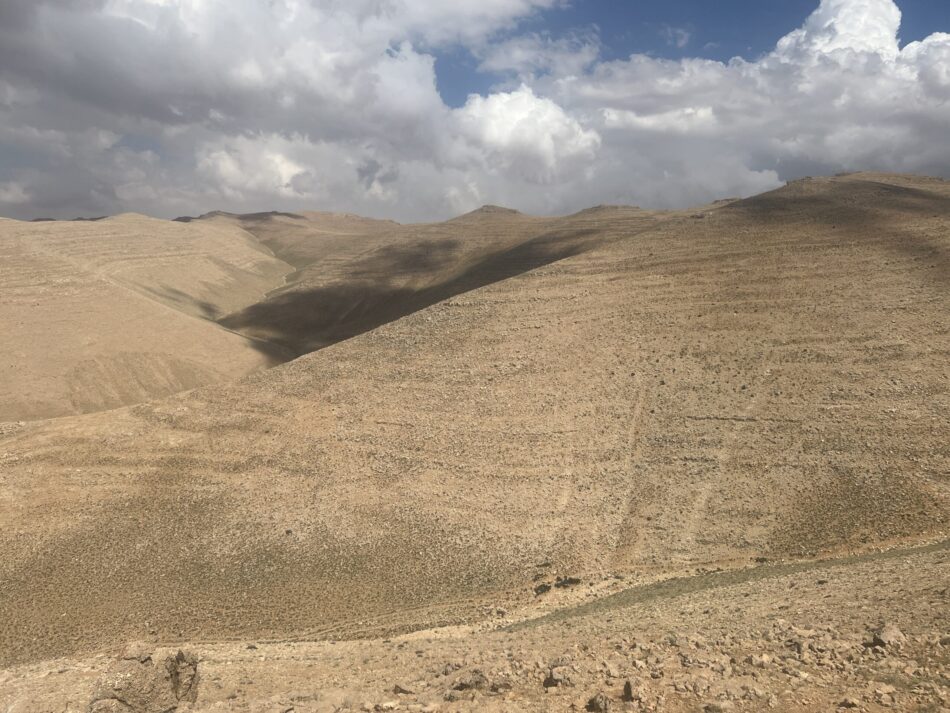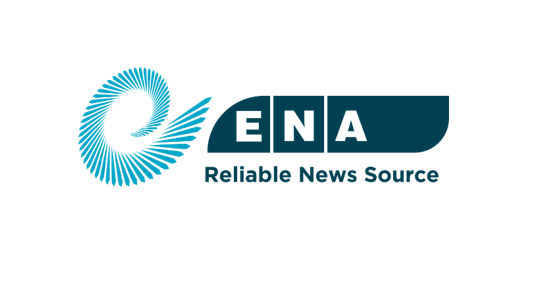Vietnam’s Central Highlands have become one of the global hotspots for Robusta coffee production. Irrigation, often sourced from groundwater, is crucial to achieving the high yields that make coffee cultivation profitable in the region. The downside is that groundwater depletion has become a serious threat to coffee production and farmers’ livelihoods.
In response, the Foundation Hanns R. Neumann Stiftung, International Water Management Institute (IWMI) and other partners, with support from Nestlé/Nescafe and the Swiss Agency for Development and Cooperation (SDC), are working to improve the irrigation practices of tens of thousands of smallholder farmers. They are also determining the beneficial impacts of these practices on groundwater resources.
In addition, through the CGIAR Research Program on Water, Land and Ecosystems (WLE), the team are testing and demonstrating the role of managed aquifer recharge. For this purpose, they have set up pilot facilities on a number of farms to capture local runoff for underground storage, and are evaluating and comparing the pilots with other ‘control’ farms nearby. An article recently published on the WLE website provides further details on the project:
https://wle.cgiar.org/more-less-improving-groundwater-use-increased-coffee-production-vietnam
See also the video produced:
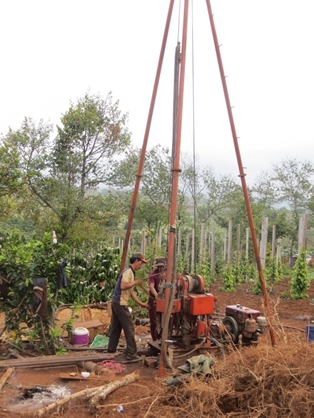
Drilling of deeper boreholes to replace traditional shallow wells in Krong Buk district, Vietnam (Photo credit: Paul Pavelic, IWMI)







